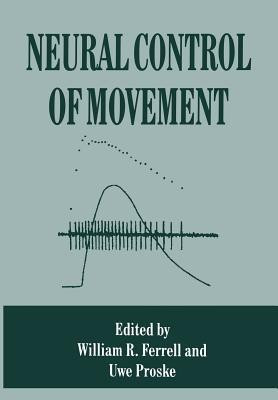Neural Control of Movement(English, Paperback, unknown)
Quick Overview
Product Price Comparison
Presented with a choice of evils, most would prefer to be blinded rather than to be unable to move, immobilized in the late stages of Parkinson's disease. Yet in everyday life, as in Neuroscience, vision holds the centre of the stage. The conscious psyche watches a private TV show all day long, while the motor system is left to get on with it "out of sight and out of mind. " Motor skills are worshipped at all levels of society, whether in golf, tennis, soccer, athletics or in musical performance; meanwhile the subconscious machinery is ignored. But scientifically there is steady advance on a wide front, as we are reminded here, from the reversal of the reflexes of the stick insects to the site of motor learning in the human cerebral cortex. As in the rest of Physiology, evolution has preserved that which has already worked well; thus general principles can often be best discerned in lower animals. No one scientist can be personally involved at all levels of analysis, but especially for the motor system a narrow view is doomed from the outset. Interaction is all; the spinal cord has surrendered its autonomy to the brain, but the brain can only control the limbs by talking to the spinal cord in a language that it can understand, determined by its pre-existing circuitry; and both receive a continuous stream of feedback from the periphery.


